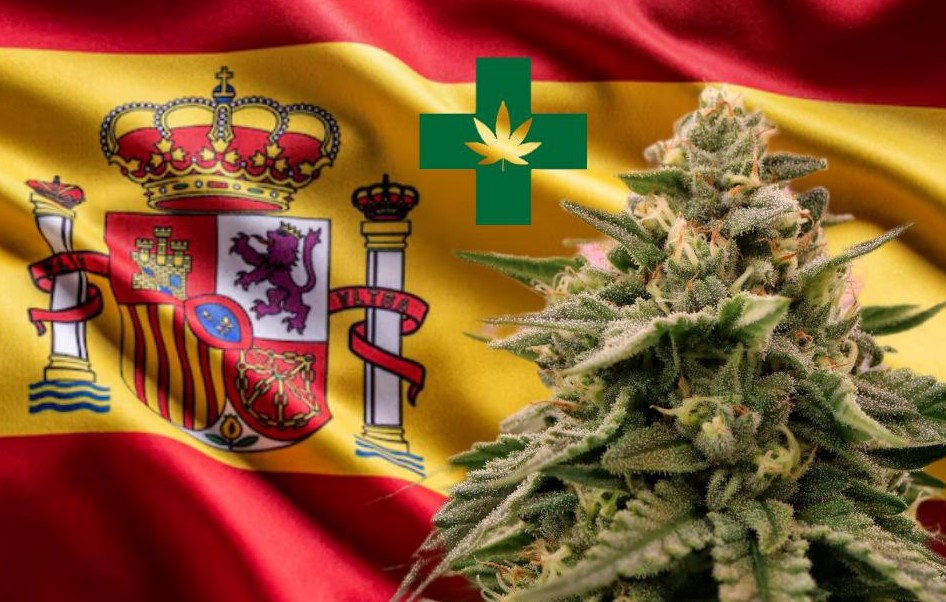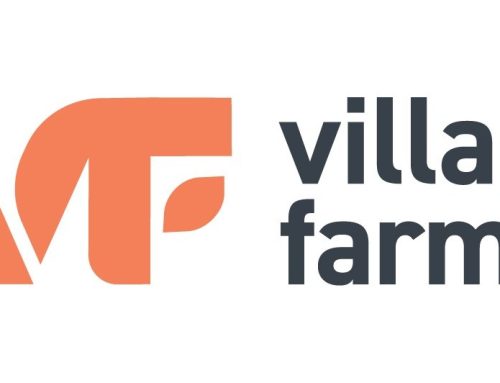Spain Cabinet Greenlights Medical Cannabis Framework
MADRID – Spain’s Council of Ministers on Tuesday approved a royal decree that sets rules for prescribing Cannabis-based medicines through the public health system, marking the first formal step toward regulated access for patients facing treatment-resistant conditions.
The measure, proposed by the Health Ministry, allows specialist physicians in hospitals to order customized Cannabis formulas as a last-resort option when standard drugs fall short. Targeted ailments include chronic pain that resists other therapies, severe epilepsy, muscle stiffness from multiple sclerosis, and nausea from chemotherapy. These formulas, made from standardized Cannabis extracts, will be prepared and distributed solely in hospital pharmacies, with strict oversight on quality and dosing.
Under the decree, the Spanish Agency for Medicines and Medical Devices (AEMPS) must outline approved clinical applications and preparation guidelines within three months, publishing them in the National Formulary. This approach avoids a rigid list of qualifying diseases, instead building in room for adjustments as new research emerges. Preparations must register with the agency, detailing THC and CBD levels, and face extra scrutiny if THC exceeds 0.2%. While oils from Cannabis extracts qualify, the framework excludes raw flower or home cultivation, aligning with international treaties like the 1961 U.N. Single Convention on Narcotic Drugs.
The approval fulfills a request from lawmakers in the Congress of Deputies’ Health and Consumer Affairs Committee, which had pressed for action after years of patient-led campaigns. Health Minister Mónica García framed the move as a commitment to evidence-driven care, noting that Cannabis shows promise in specific cases backed by global studies, though it remains a controlled substance. “This regulation ensures use with scientific, clinical, and sanitary controls,” the ministry stated in its release.
Patient groups hailed the development as a breakthrough, estimating that more than 300,000 Spaniards already turn to Cannabis for relief without official channels. Carola Pérez, head of the now-defunct Spanish Observatory of Medical Cannabis, which lobbied for a decade before disbanding earlier this year, described the news as cause for cautious optimism. “Patients have waited too long for this regulation,” she said, while flagging hurdles like the need to train doctors unfamiliar with Cannabis prescriptions and the risk of overburdened hospital labs.
The decree signals opportunity but also restraint. Producers of Cannabis extracts must now navigate registration and supply-chain audits, potentially favoring established labs over smaller players. With access confined to public hospitals, private-sector involvement stays minimal for now, though regional authorities could later adapt rules for remote delivery in underserved areas. Analysts point out that Spain’s model echoes Germany’s 2017 rollout, where hospital-only prescriptions curbed black-market reliance but slowed market growth to about €400 million annually by 2024. Here, initial uptake may lag due to the specialist-only rule and lack of primary-care involvement, testing the system’s capacity to handle demand without delays.
Critics within the medical community worry the open-ended indications could invite overuse, especially given mixed data on long-term risks like dependency or cognitive effects. Yet proponents argue the required monitoring [jointly handled by prescribers and pharmacists], with routine efficacy checks, mitigates those concerns. Early evidence from countries like Canada, where medical sales hit $1.5 billion in 2023, suggests regulated access reduces unregulated use by up to 20%, a trend Spain might track through its new product registry.
As details firm up over the next quarter, the real measure of success will lie in execution. Will hospital networks scale up efficiently, or will bottlenecks frustrate the very patients this aims to serve? For an industry watching closely, Spain’s cautious entry underscores a broader truth: medical Cannabis markets thrive not on bold leaps, but on steady, verifiable progress that builds trust across regulators, providers, and users.




































